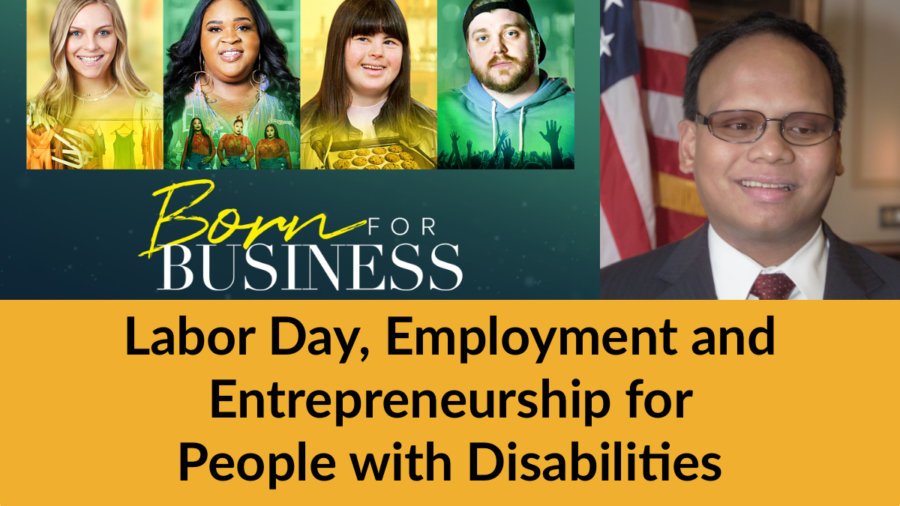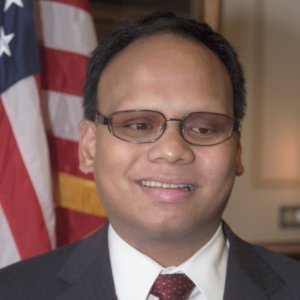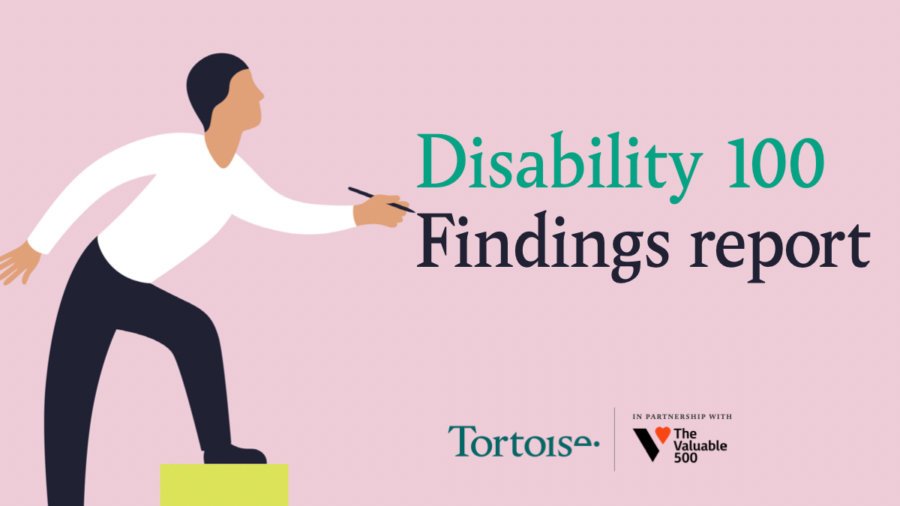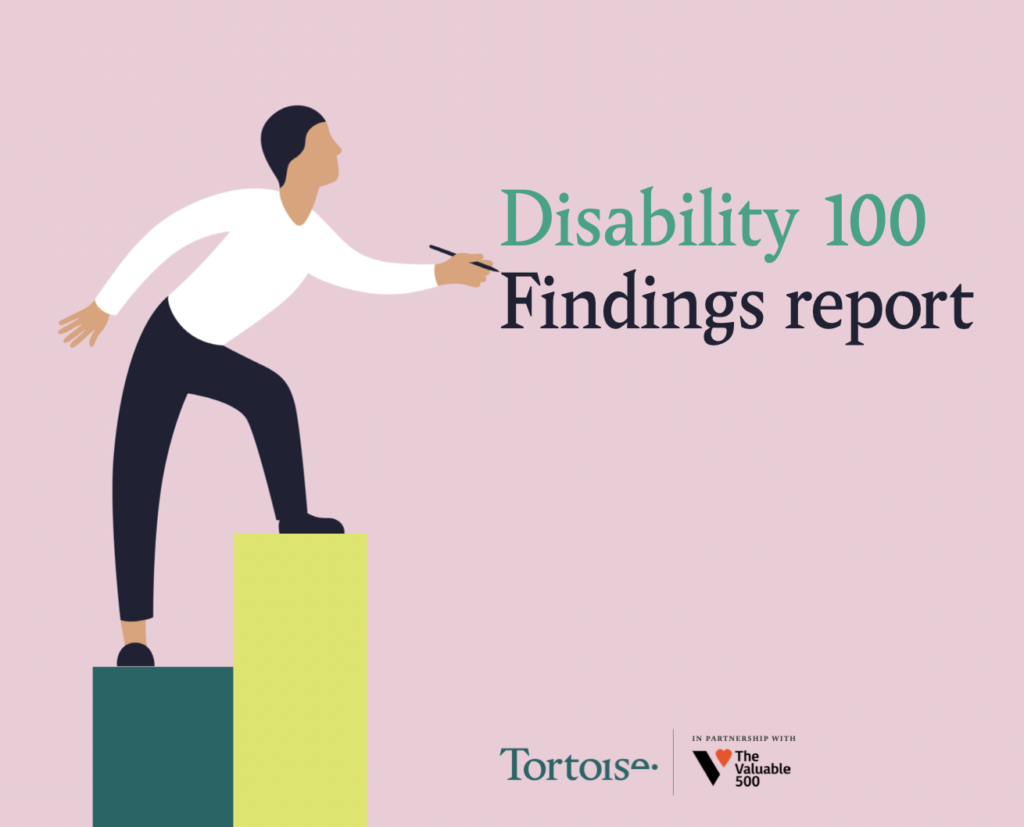Denver, CO, October 1 – “People with disabilities make significant contributions to Colorado’s economic and social wellbeing,” said Colorado Governor Jared Polis in a proclamation marking October as Disability Employment Awareness Month.
Gov. Polis also noted that despite their considerable talents, Coloradans with disabilities “face barriers to employment, denying them the opportunity to use their skills and perspectives and depriving employers of the talent they need to grow.” According to Polis, “investment in workforce services is essential.”
This is an important public commitment for the more than 298,000 working-age people living with disabilities in the Centennial State. In the economic expansion prior to the COVID-19 pandemic, Colorado boasted a 47.2 percent percent disability employment rate. By contrast, people without disabilities had an employment rate of 81.6 percent. That means that there is a 34.3 percentage point gap in labor force participation rates between people with and without disabilities. [continue reading…]



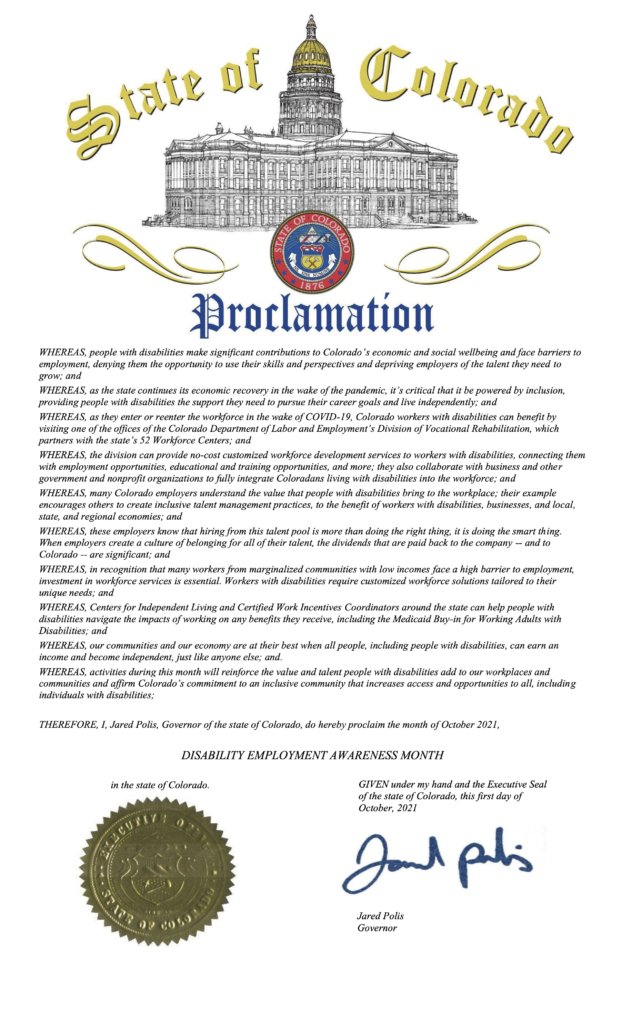

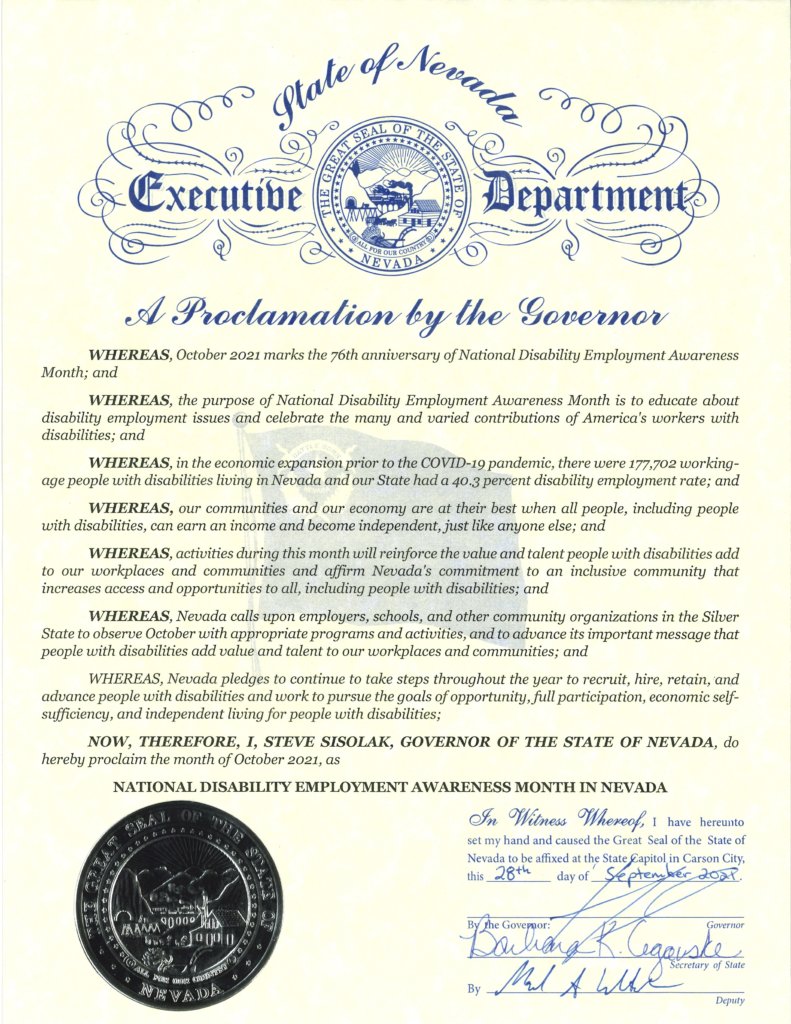

 Denver, CO, September 23 – This week, the Colorado Workforce Development Council (CWDC) met to discuss the status of workforce practices of the Centennial State. In response to this meeting, RespectAbility, a national nonpartisan nonprofit organization, submitted testimony on how to implement best practices, advocate for greater inclusion and improve the standing of people with disabilities in Colorado’s workforce.
Denver, CO, September 23 – This week, the Colorado Workforce Development Council (CWDC) met to discuss the status of workforce practices of the Centennial State. In response to this meeting, RespectAbility, a national nonpartisan nonprofit organization, submitted testimony on how to implement best practices, advocate for greater inclusion and improve the standing of people with disabilities in Colorado’s workforce.





